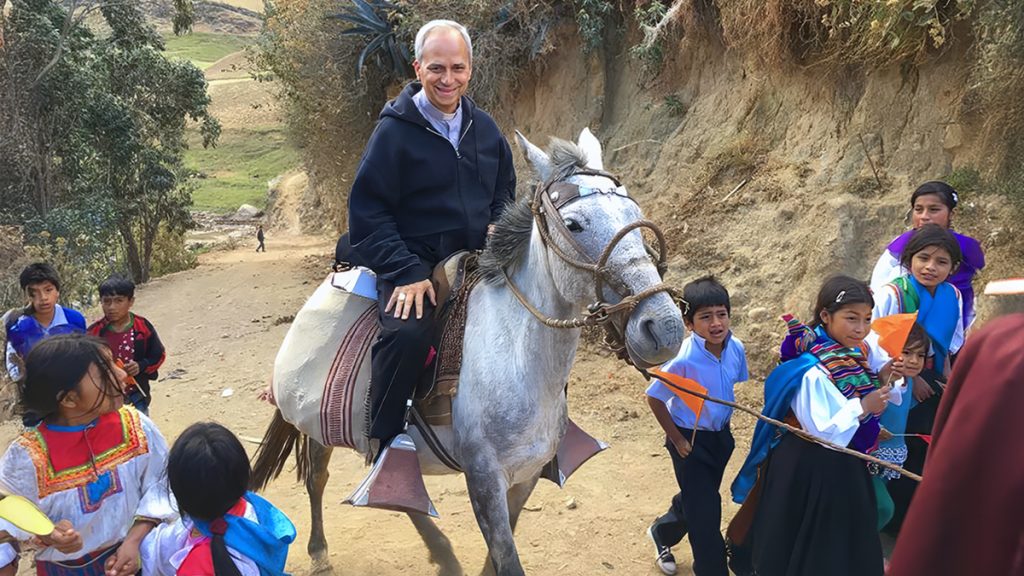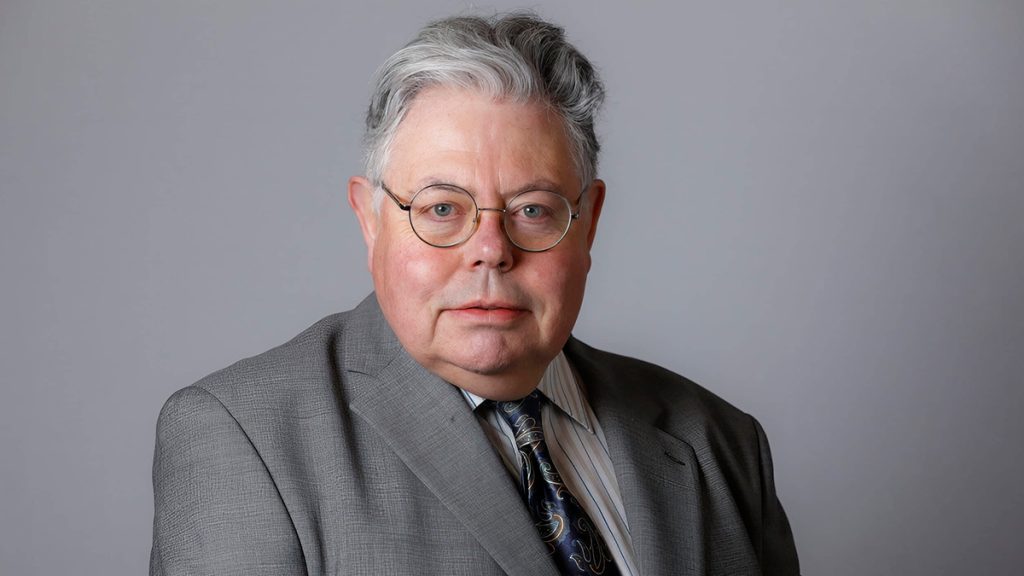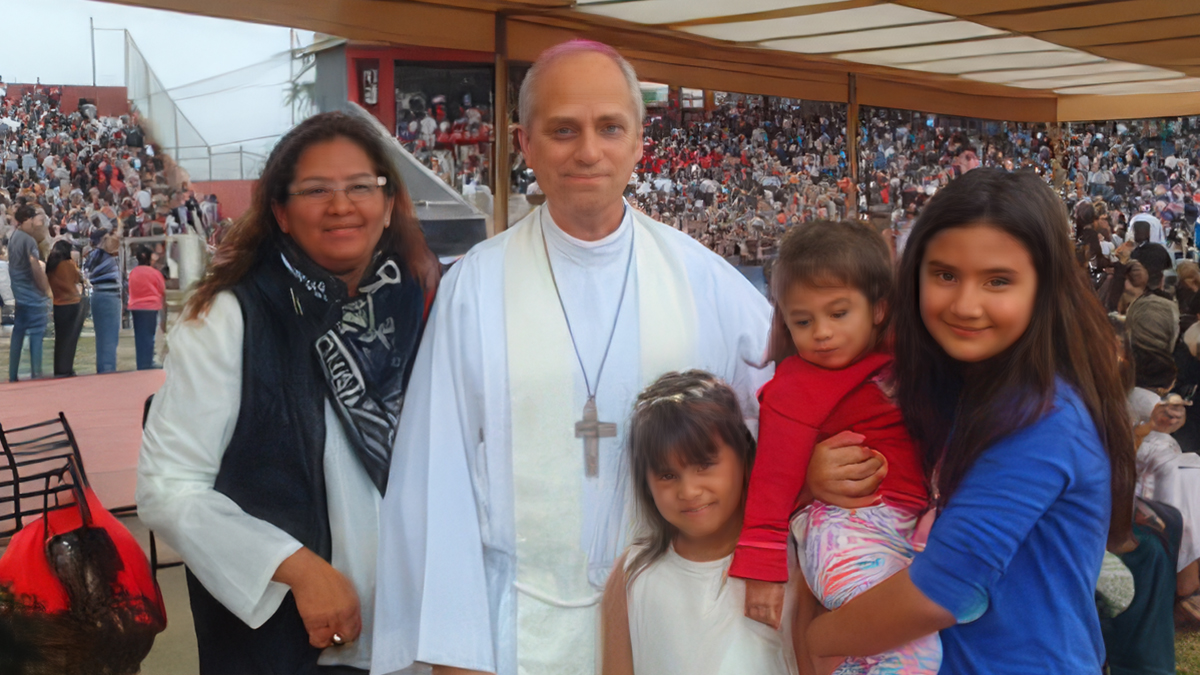Leo XIV is unlike his predecessors for the last millennium in one respect for which he bears no responsibility: he was born in a multicultural environment.
He was born on 14 September 1955 in Chicago, Illinois, in a situation where there was no one dominant religion and no one dominant cultural inheritance.
Like many born in global cities today, he is a child of multiculturalism.
A first for the modern papacy
Even in a Catholic family, in a vibrant parish and attending a Catholic school, Robert Prevost saw people of other Christian denominations, other religions, and no religion at all.
He also encountered people who came from other cultures and observed different traditions from his own—though all were part of the American melting pot.
Growing up in such diversity is so common now that many hardly notice it.
This early exposure to pluralism sets Leo XIV apart in a significant way.
This is the first time in at least a thousand years that a pope has had such a background.
Deeply Catholic predecessors
John Paul II, Benedict XVI, and Francis were all non-Italians, but they came from deeply Catholic cultures.
They rarely encountered non-Catholics, and they saw national identity and Catholicism as almost interchangeable.
To be Polish, Bavarian, or Argentinian was simply to be Catholic in a regional form.
This gave them insight into similar cultures but made it harder to relate to today’s complex, globalised societies.
Earlier popes and Italian monoculture
Earlier popes likewise emerged from the monoculture of rural Catholic Italy, such as Popes John XXIII and Pius X, or from even narrower Italian settings, such as Popes Pius XII and Paul VI.

A different lens on the world
Will Leo’s experience of the modern urban environment—growing up in a multicultural context—affect the way he sees the world?
We cannot yet say.
But clearly, this marks a significant moment in the evolution of the papacy.
This pope has a link with contemporary experience which, like it or not, sets him in union with more and more Catholics living in cities.
It also makes him stand apart from his papal predecessors.
Dialogue shaped by experience
Does this mean that ecumenism and inter-religious dialogue will thrive during his papacy?
We don’t know—but Pope Leo will appreciate that these are not peripheral issues.
He will know this because he grew up with such differences as part of the life around him.

- Thomas O’Loughlin is a presbyter of the Catholic Diocese of Arundel and Brighton and professor-emeritus of historical theology at the University of Nottingham (UK). His latest book is Discipleship and Society in the Early Churches.
- Flashes of Insight is an international publication. The editorial policy is that spelling reflects the country of origin.
- His latest book is “Shaping the Assembly: How Our Buildings form us in Worship”.

